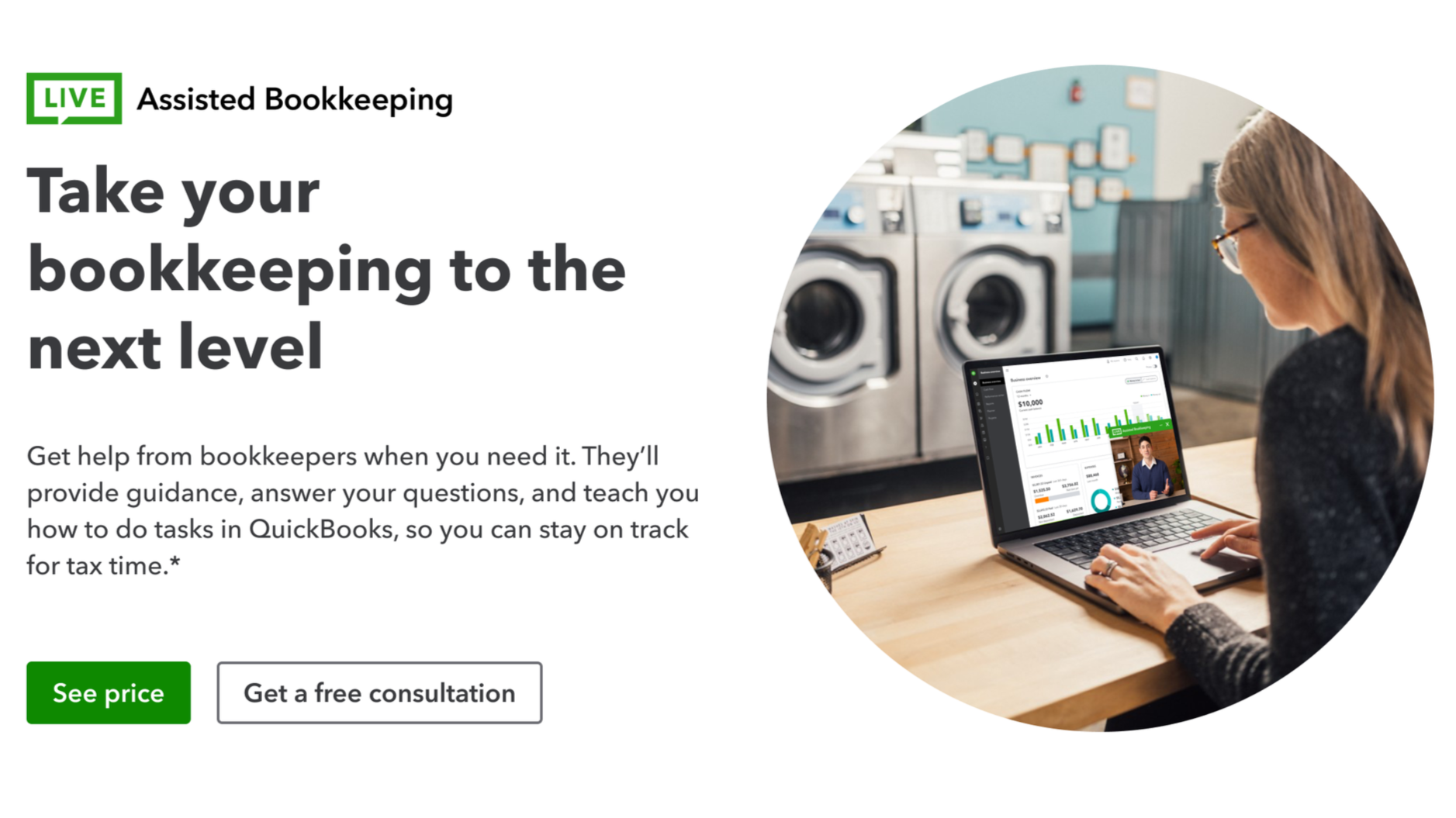Assisted Bookkeeping
The Problem
QuickBooks Live Bookkeeping launched as a full-service product, combining an initial cleanup of past books with ongoing bookkeeping. While customers were quick to sign on for cleanup, many dropped off afterward instead of continuing with the service.
Through feedback and interviews, we discovered why:
Customers who churned felt their books weren’t complex enough to justify the cost of a full-time bookkeeper.
At the same time, they still had frequent product questions, bookkeeping anxiety, and a strong need for reassurance that they were “doing things right.”
This revealed an important gap between DIY bookkeeping and full-service support: the need for a lighter-weight option that offered expertise and confidence—without the price tag of a dedicated bookkeeper.
The Solution
We created Assisted Bookkeeping, a 0→1 service that gave small business owners on-demand access to bookkeepers. Instead of committing to full-time support, customers could schedule a call when they had a question or needed reassurance.
As adoption grew, we expanded the offering to include additional services—setup, payroll, and tax—evolving Assisted Bookkeeping into a broader ecosystem of expert support that scaled with each customer’s needs.
Our first iteration focused on bookkeeping and QuickBooks Online product support. When customers requested a callback, bookkeepers from our Live Bookkeeping pool would reach out.
But we quickly learned an important lesson: many “bookkeeping” questions were actually product questions. Customers didn’t know how to separate the two, and as a result, bookkeepers were inundated with product support issues. This ate up bookkeeping resources and led to longer callback times.
To fix this, we expanded the pool to include product experts, ensuring customers got the right help faster—while protecting bookkeeper capacity for the work only they could do.
We continued to build on feedback loops by:
Reviewing weekly call recordings
Running customer interviews
Gathering bookkeeper feedback in working sessions
From this, we identified two opportunities: broaden the scope of support and reduce the friction of call transfers.
What we did:
Expanded coverage to include payroll support, non-advisory tax resources, and setup help.
Introduced call-routing choice upfront, allowing customers to select the type of help they needed and connect directly to the right expert—eliminating the most common frustration: lengthy transfers from bookkeepers to product support.
My Role
I worked across a cross-functional PM team (service, product, and marketing) to shape the strategy and execution. I:
Partnered with the service team to review weekly call recordings and extract key insights.
Collaborated with the product team to conduct user interviews and validate feature needs.
Delivered content for both in-product experiences and external landing pages, aligning messaging across touchpoints.
The Impact
Assisted Bookkeeping validated a key market gap. It proved viable for small business owners who didn’t yet need—or couldn’t afford—a full-time bookkeeping service. Beyond its own success, the product surfaced critical insights about customer behavior and needs, ultimately shaping our decision to pursue an ecosystem approach to services rather than a single, standalone offering.


